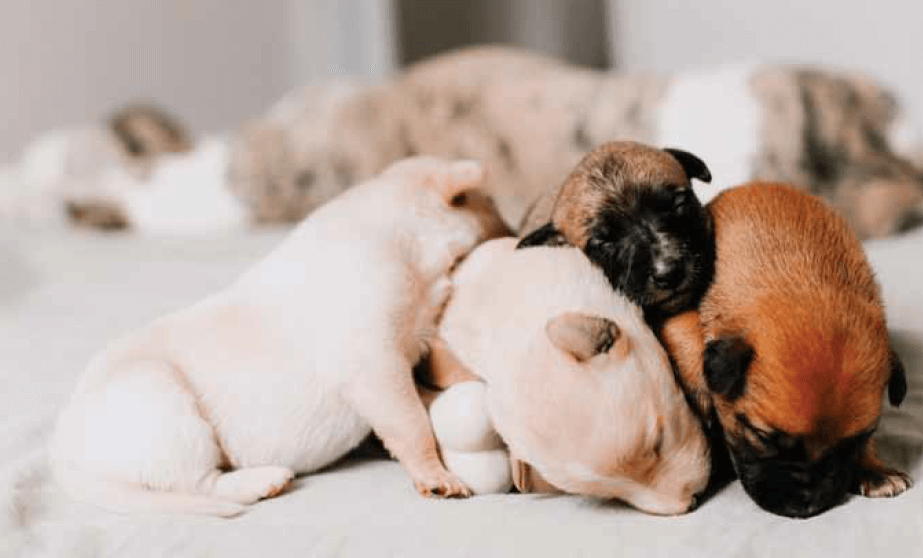
Few things are more delightful than a litter of new-born puppies and kittens, but the prospect of caring for all of these brands new little lives can be daunting. Check out this nutritional and health management guide by Dr T. A. Shafi, Dr A. K. Wankar, Dr A. M. Syed and Dr P. M. Mane to raise a healthy, happy litter.
The neonatal period of new-born pups and kittens is the first two weeks after birth during which they are completely dependent upon their mother’s care as they are born immaturely (responsible for high pre-weaning mortality of 40%) Furthermore, the initial 36 hours are physiologically stressful for pups or kittens due to the process of birth and exposure and adjustment to a new environment. Therefore, efforts for providing quiet, warm queening areas, minimising stress and disturbance from human visitors to the litter should be warranted during this critical time period. Deworming is important to raise a healthy pet as puppies and kittens are most of the time born with intestinal parasites or can pick them up from the surrounding environment. Kittens or puppies are born with an immature immune system, thus are prone to infections as kittens receive only 25% of their maternally derived antibodies through the placenta and puppies only 5% to 10%. Both are mainly dependent on the mother’s colostrum for passive transfer of maternal antibodies that are maximally absorbed by GIT within eight hours of birth and diminished absorption occurs after 24 hours. The maternal antibodies last for about 16 to 20 weeks of age; therefore, the neonate needs to build its own immunity to fight infections and must be vaccinated against common diseases of concern.


Feeding of newborn pups and kittens
Like other mammals, female dogs and cats produce colostrum during the first few days that provides nutrition, bioactive factors and passive immunity (antibodies) that protects them from diseases up to 16 weeks of age when their immune system becomes fully functional. Due to transfer of a smaller quantity of passive immunity in utero (10% to 20%) during pregnancy, there is need for immediate nursing within 24 hours after birth for colostrum that is a good source of antibodies, bioactive factors and maintains circulatory volume in newborns. Dog milk is higher in energy than cat milk due to its higher fat and slightly higher protein content, however in both the species the total energy content of the milk decreases gradually from colostrum to the milk produced during midlactation and thereafter energy content increases until weaning. Despite low gastric acid production in puppies and kittens until three weeks of age, they are efficient in digestion of milk proteins, however due to not fully developed renal function they are sensitive to excessive or poor-quality protein intake. At birth, the gastrointestinal tract of puppies and kittens is sterile and as they start taking milk from day one, microbial colonisation begins that continues to evolve when solid food is introduced at the age of 3 to 4 weeks.
Introduction of solid food
 At the age of three to four weeks supplemental food should be introduced either in the form of specific commercial foods or a thick gruel made by mixing a small amount of warm water with the mother’s food. Homemade weaning formula must be avoided unless its exact nutrient composition is known as they are high in nutrient value and are not nutritionally balanced or complete. The semisolid food should be provided in a shallow dish several times per day every two-three hours and the bowl should be removed after 20 to 30 minutes. Initially, the pups and kittens will fill their belly with dam’s milk and will consume a small quantity of semisolid gruel, however at five weeks of age they will be consuming mainly semisolid food. Between 21 and 35 days after birth deciduous teeth erupt and puppies and kittens are able to chew and consume dry food at five to six weeks of age at which nutritional weaning is complete. Some bitches continue to allow their young ones to nurse for eight weeks of age or longer possibly due to psychological and emotional benefits of suckling, therefore complete weaning (behavioural weaning) for puppies and kittens is done at seven to eight weeks of age.
At the age of three to four weeks supplemental food should be introduced either in the form of specific commercial foods or a thick gruel made by mixing a small amount of warm water with the mother’s food. Homemade weaning formula must be avoided unless its exact nutrient composition is known as they are high in nutrient value and are not nutritionally balanced or complete. The semisolid food should be provided in a shallow dish several times per day every two-three hours and the bowl should be removed after 20 to 30 minutes. Initially, the pups and kittens will fill their belly with dam’s milk and will consume a small quantity of semisolid gruel, however at five weeks of age they will be consuming mainly semisolid food. Between 21 and 35 days after birth deciduous teeth erupt and puppies and kittens are able to chew and consume dry food at five to six weeks of age at which nutritional weaning is complete. Some bitches continue to allow their young ones to nurse for eight weeks of age or longer possibly due to psychological and emotional benefits of suckling, therefore complete weaning (behavioural weaning) for puppies and kittens is done at seven to eight weeks of age.
Raising of orphaned or rejected pups and kittens
Orphaned or rejected pups and kittens need special supplements for their survival provided with pet nursers (nursing bottle) or sometimes if puppy or kitten is having a problem taking the bottle, a veterinarian may be called for feeding with a stomach tube. Milk formulation should be warmed mildly, especially placing the bottle in a cup of warm water. Feeding should be done while lying on the stomach as other positions may lead to choke followed by gently patting on their back to help burp up any air swallowed during feeding. There are a large number of commercial milk replacers for puppies and kittens and also homemade milk replacer can also be prepared and administered taking proper hygienic precautions while making and storing such preparations. The quantity of formulation that will last for 24 to 48 hours should be prepared and stored in a glass container and unused preparation kept in a refrigerator. Homemade milk replacers can be prepared as per the formulation given in the table below;
| Homemademilkreplacer forpuppies | a)- Cow’s or goat’s milk b)- Water c)- Egg yolks d)- Vegetable oil e)- Calcium carbonate | 120 ml 120 ml 2 to 4 1 to 2 tsp 1000 mg |
| Homemademilkreplacer forkittens | a)- Condensed milk b)- Water c)- Plain yogurt(not low fat) d)- Egg yolks | 90 ml 90 ml 120 ml 3 large or 4 small |
Potty training of pups and kittens
For the first three weeks of life, puppies and kittens need stimulation to urinate and defecate using a warm, wet cotton ball to gently wipe the urinary and anal openings. Although neonates may not defecate every time stimulated, elimination is quickly stimulated and daily passes a couple of moderately yellowish stools. Training a cat is easier and faster than a dog as cats has a natural instinct to bury their waste. Inside the house the pets need crate training and if pets are alone at home, they need to be kept inside the crate that will act as a safe place or den for them and should be removed out if its crate as soon as possible or give them a potty break in the middle of the day so that they will develop a good habit and will not see it as punishment or develop a ill behaviour. Sometimes they may be scolded for negative behaviour so that they connect the punishment to the accident that will help in potty training. If still they are not behaving properly, help from a professional dog trainer can be sought for proper training or examination by a veterinarian may be carried out to rule out any underlying problem.
Deworming of pups
Deworming is important to raise a healthy pet as puppies and kittens are most of the time born with intestinal parasites or can pick them up from the surrounding environment. Common types of worms seen in dogs and cats include hookworms, roundworms, tapeworms and whipworms. There is also risk of transmission of these intestinal parasites to humans and therefore proper deworming protocol may be followed to protect pets and self from infestation. Puppies and kittens need to be dewormed every 2 weeks until 3 months of age, followed by once a month until 6 months of age and thereafter once in every three months.
Kittens or puppies are born with an immature immune system, thus are prone to infections as kittens receive only 25% of their maternally derived antibodies through the placenta and puppies only 5% to 10%. Both are mainly dependent on the mother’s colostrum for passive transfer of maternal antibodies that are maximally absorbed by GIT within eight hours of birth and diminished absorption occurs after 24 hours. If the neonate is orphaned or has not ingested colostrum, antibodies can be provided by administration of serum or plasma collected from different vaccinated adults of the same species orally or subcutaneously (kittens < 24 hours old @ 15 ml orally as three boluses, at birth, 12 hours 24 hours and for older kittens single bolus subcutaneously and puppies @ 22 ml/kg given at once in large pups or split into boluses as described for kittens). The maternal antibodies last for about 16 to 20 weeks of age, therefore the neonate needs to build its own immunity to fight infections and must be vaccinated against common diseases of concern. Dogs must be vaccinated against Canine Distemper, Infectious Canine Hepatitis, Kennel Cough, Canine Parvovirus, Rabies and Leptospirosis while as cats against Feline Leukemia, Feline Panleukopenia, Feline Calicivirus Feline Viral Rhinotracheitis and Rabies. Ideally dogs and cats are vaccinated at 8, 12 and 16 weeks of age, with booster vaccination doses given annually.
References
Hoskins JD: Nutrition and nutritional problems. In Hoskins JD (ed): Veterinary paediatrics: dogs and cats from birth to six months, ed 3, St. Louis, 2001, Saunders/Elsevier.
Johnston SD, Root Kustritz MV, Olsen PNS: The neonate: from birth to weaning. In Johnston SD, Root Kustritz MV, Olsen PNS (eds): Canine and feline theriogenology, St Louis, 2001, Saunders/Elsevier.
Peterson ME, Care of the Orphaned Puppy and Kitten, in Small Animal Paediatrics: The first 12 months of life, 1st edition, ed, Michael E Peterson. 2011, Elsevier/Saunders, China.
Authors: Dr. T. A. Shafi1*, Dr. A. K. Wankar2, Dr. A. M. Syed3 and Dr. P. M. Mane3
1Assistant Professor, Department of Veterinary Medicine, 2Assistant Professor, Department of Veterinary Physiology, 3Hospital Registrar, Teaching Veterinary Clinical Complex, Maharashtra Animal and Fishery Sciences University, College of Veterinary and Animal Science, Parbhani-431 402 (MS)
*Corresponding Author: Dr Tawheed Ahmad Shafi
Phone Number: +91-9682329989
E-mail: tawheed78@gmail.com
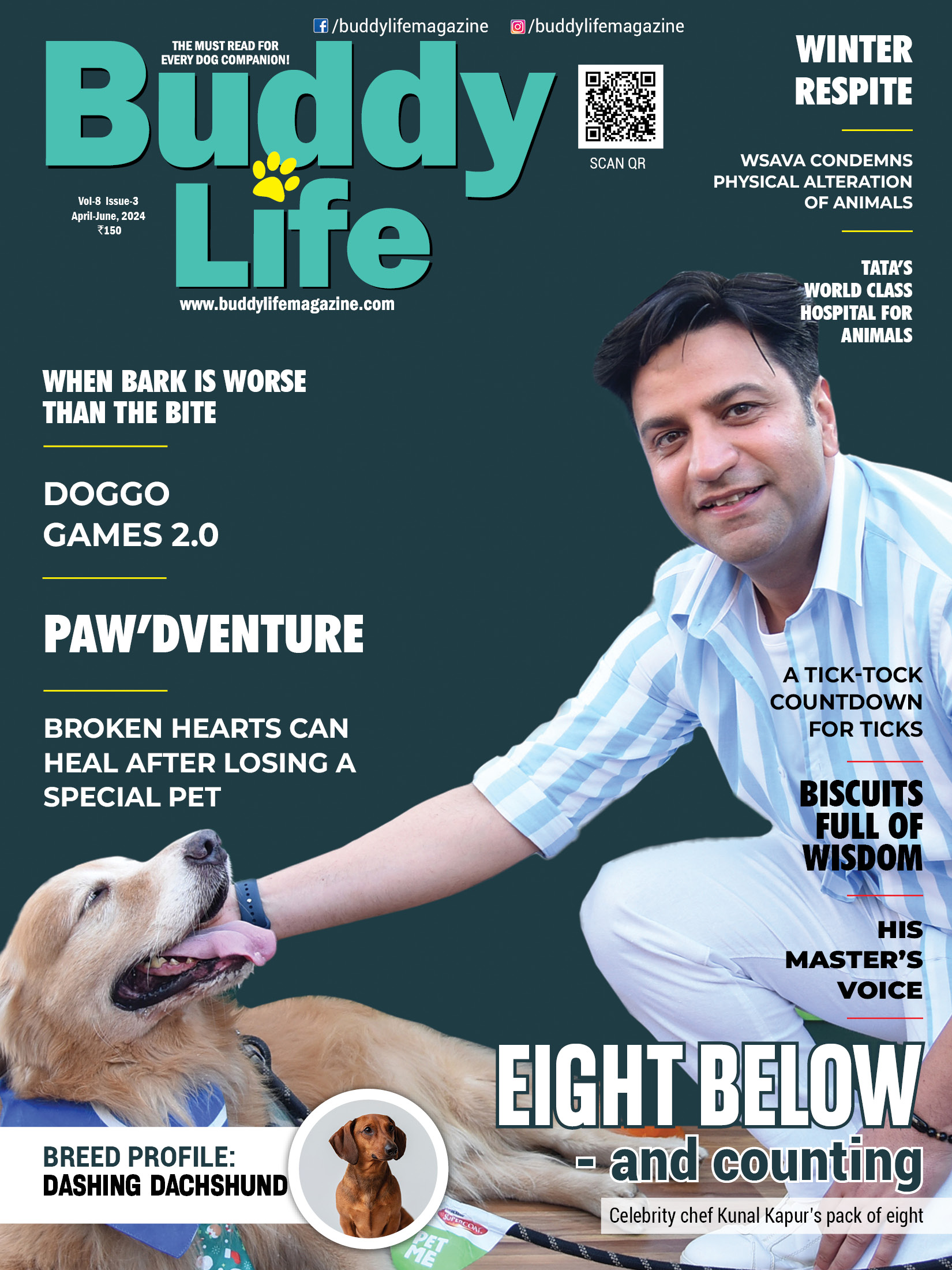
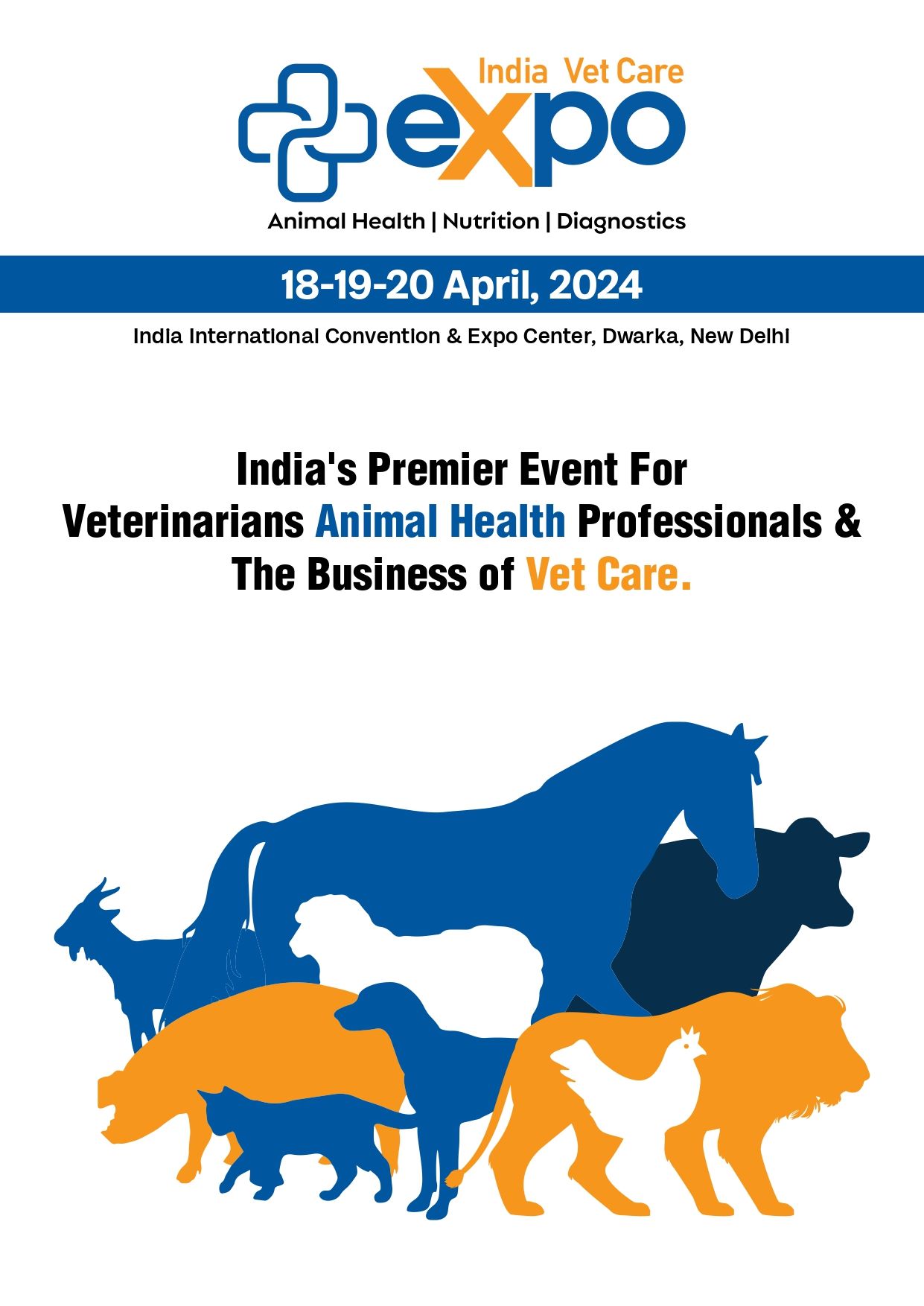
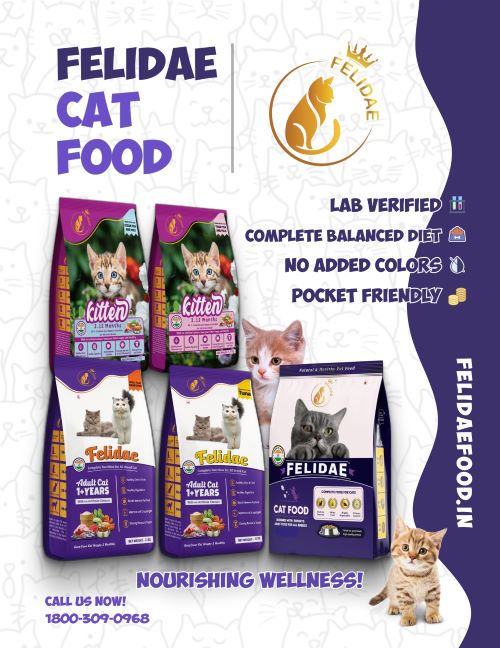
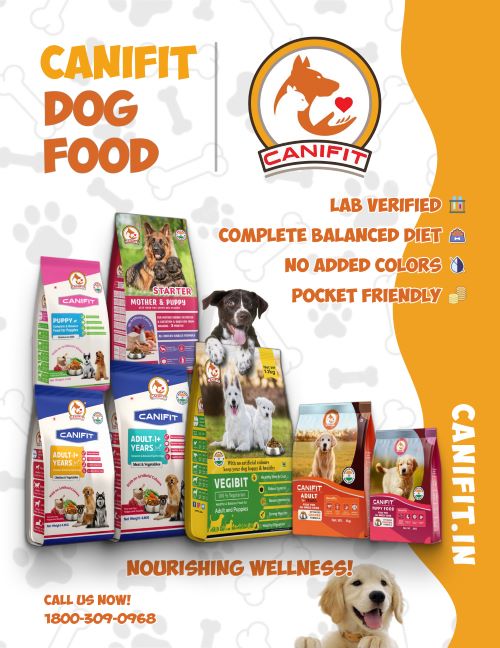
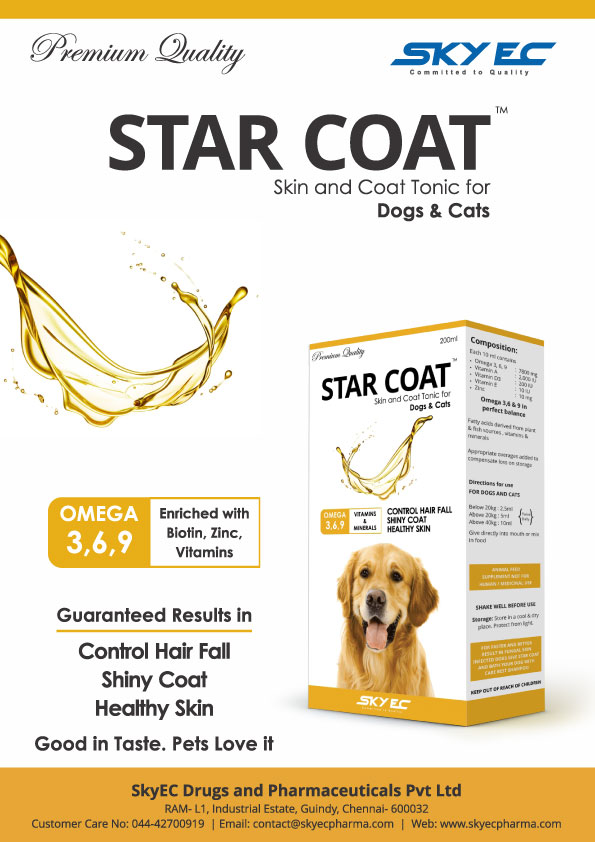
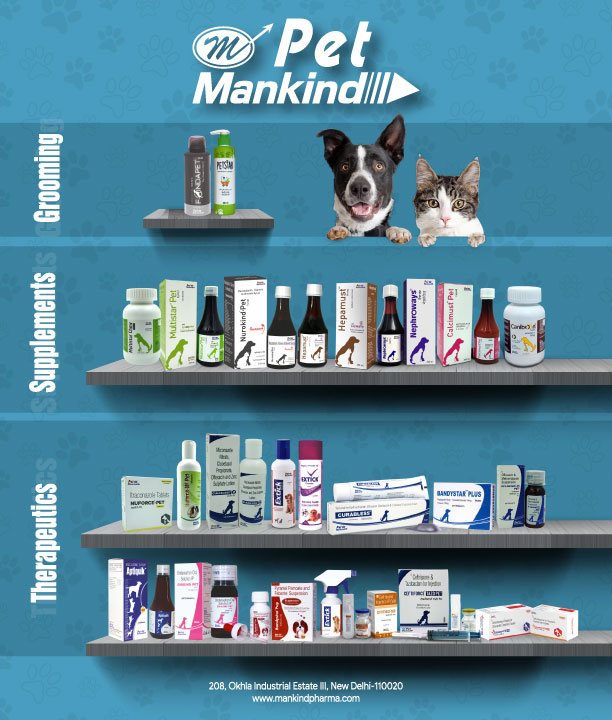
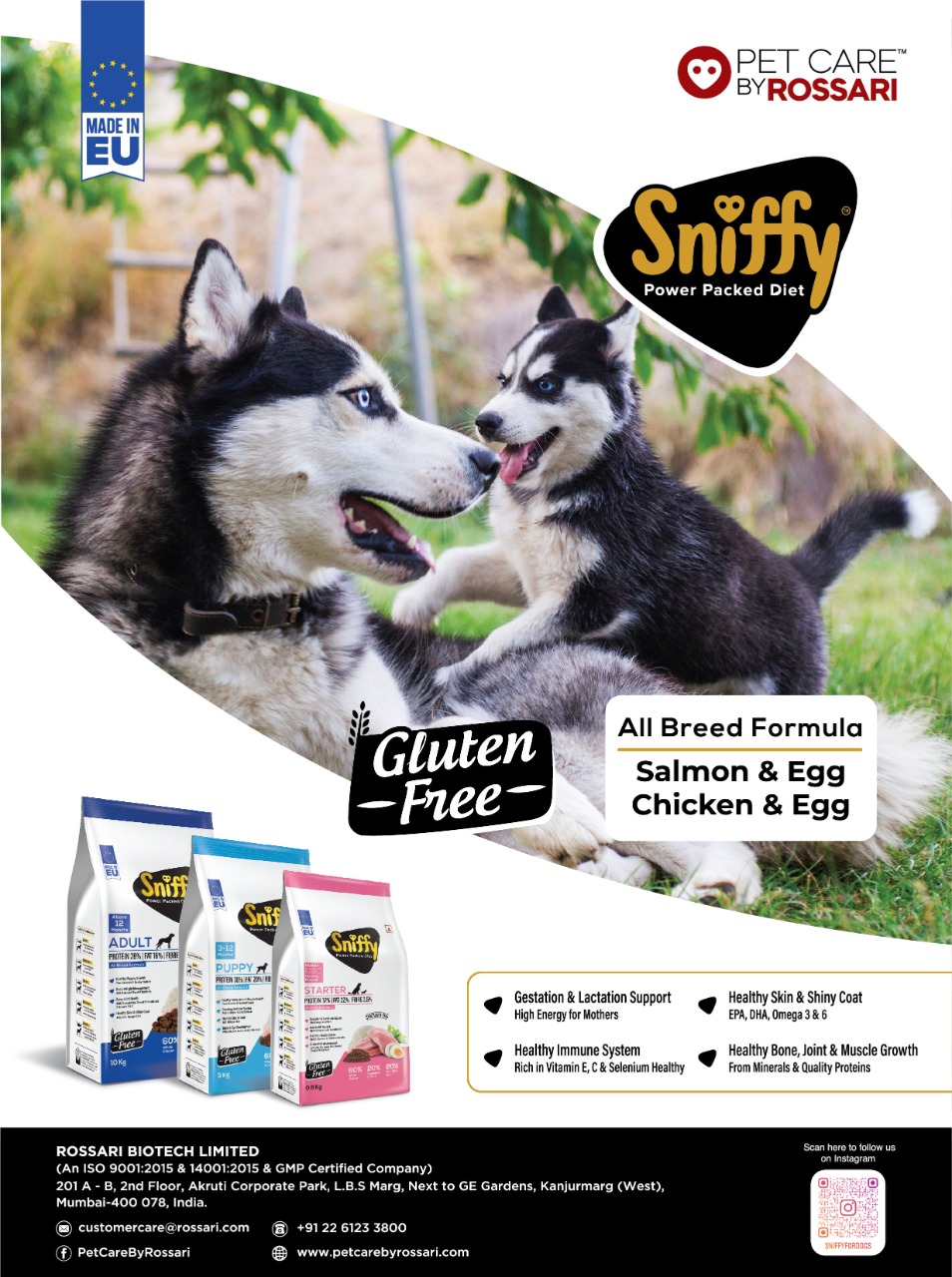
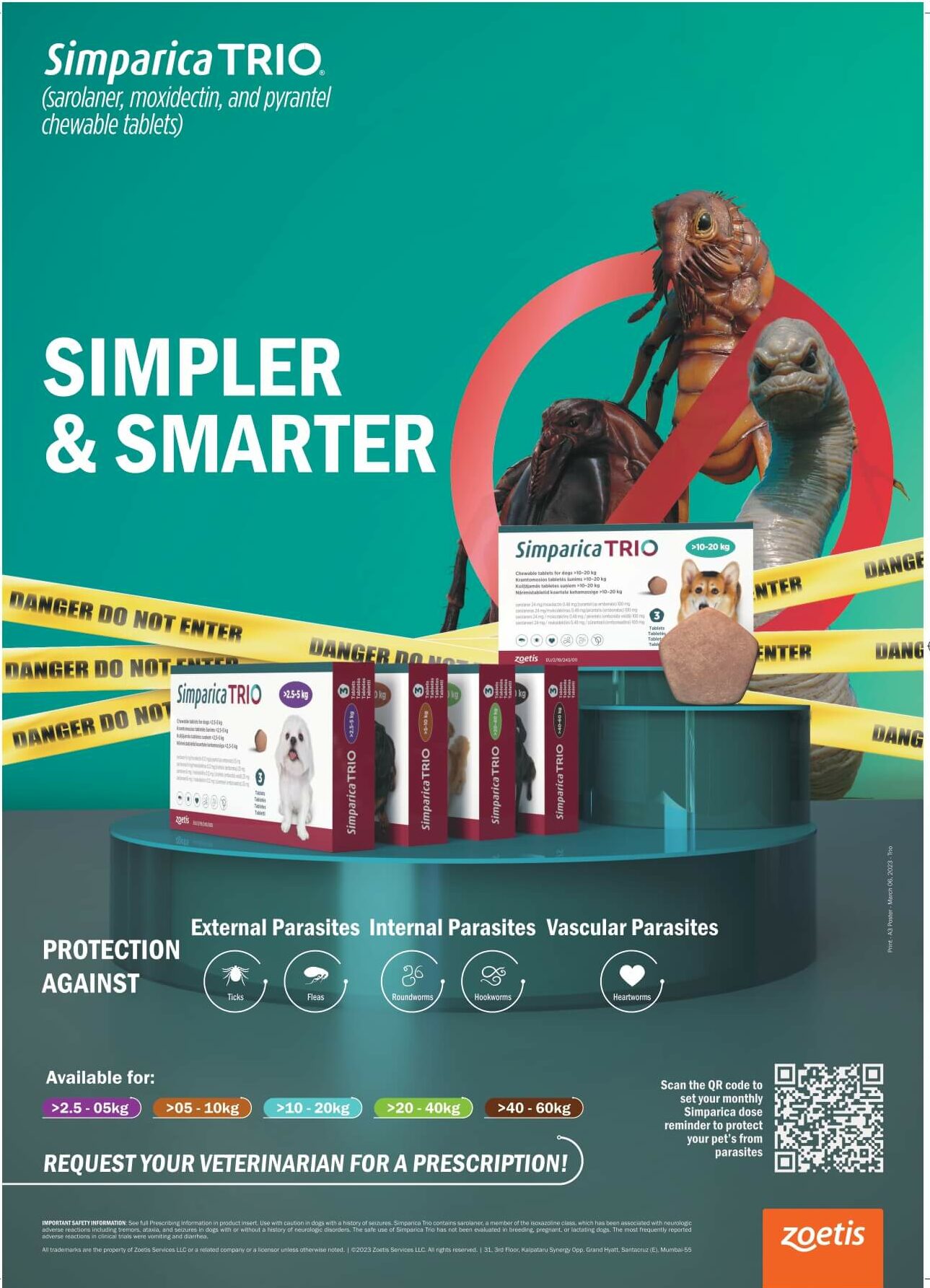
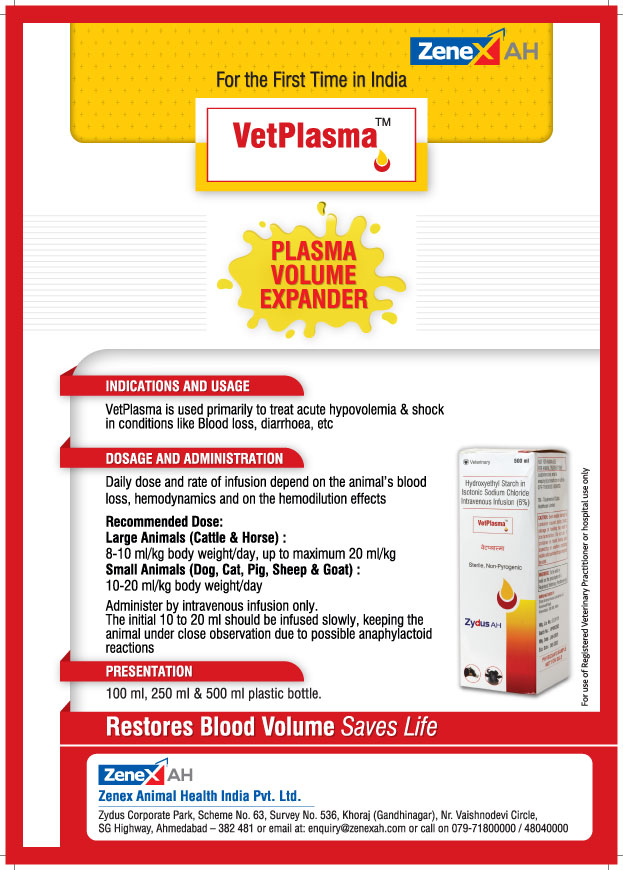

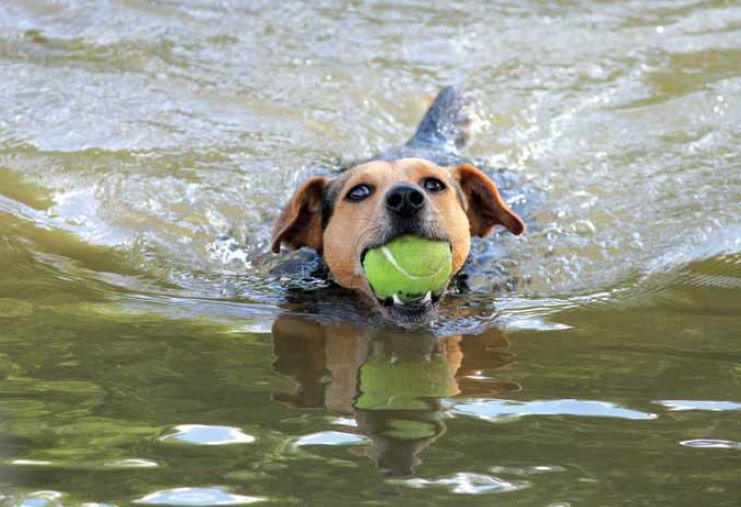 " >
" >
 " >
" >